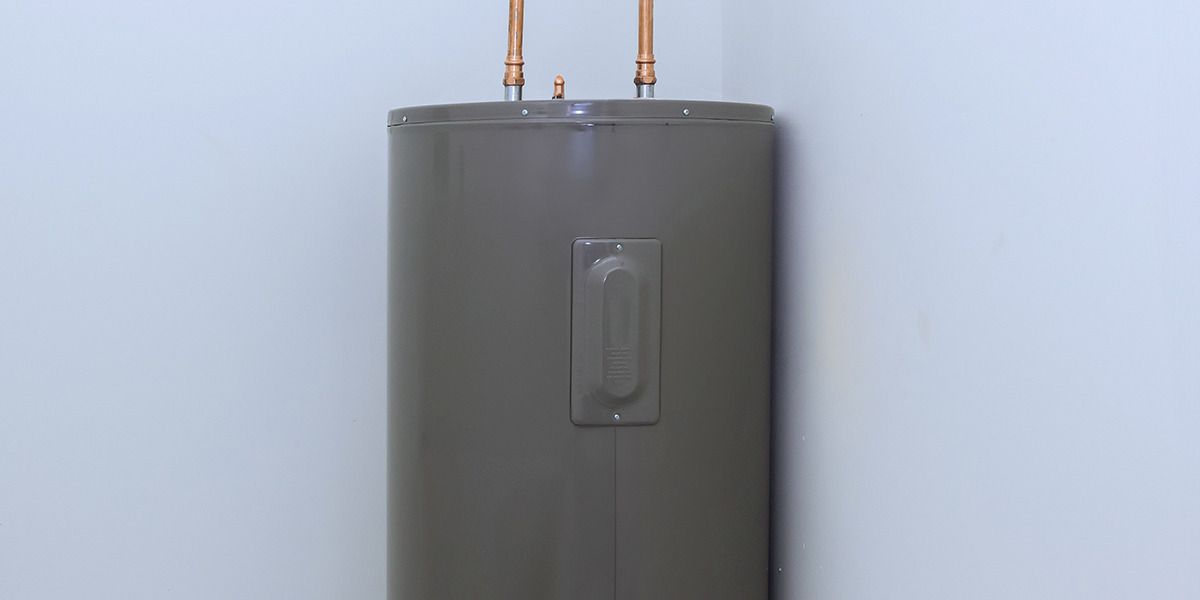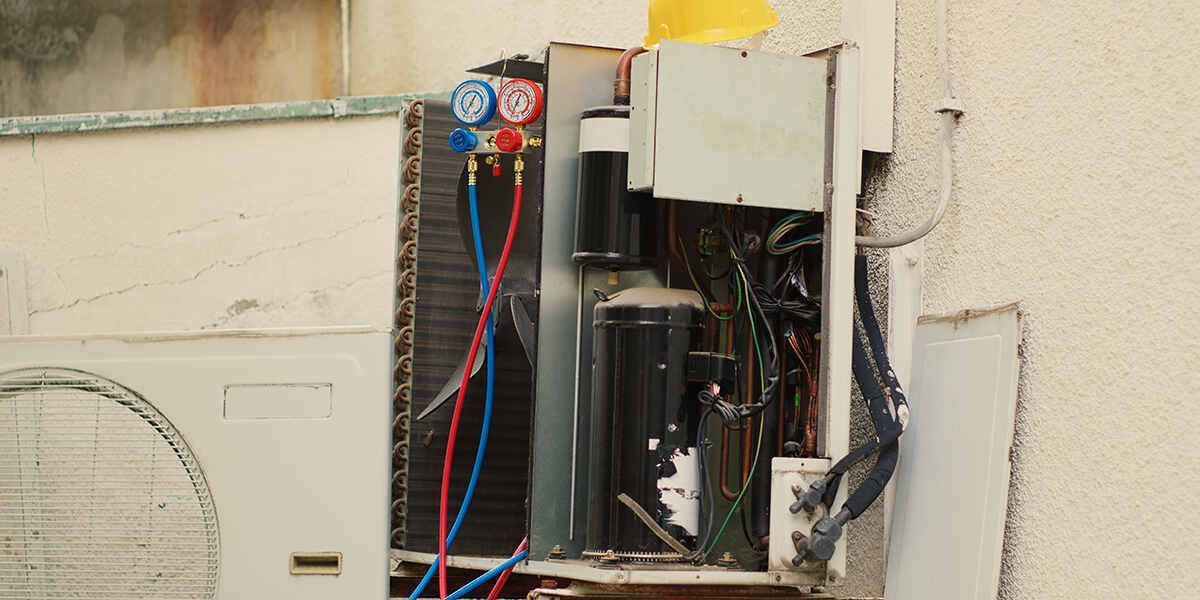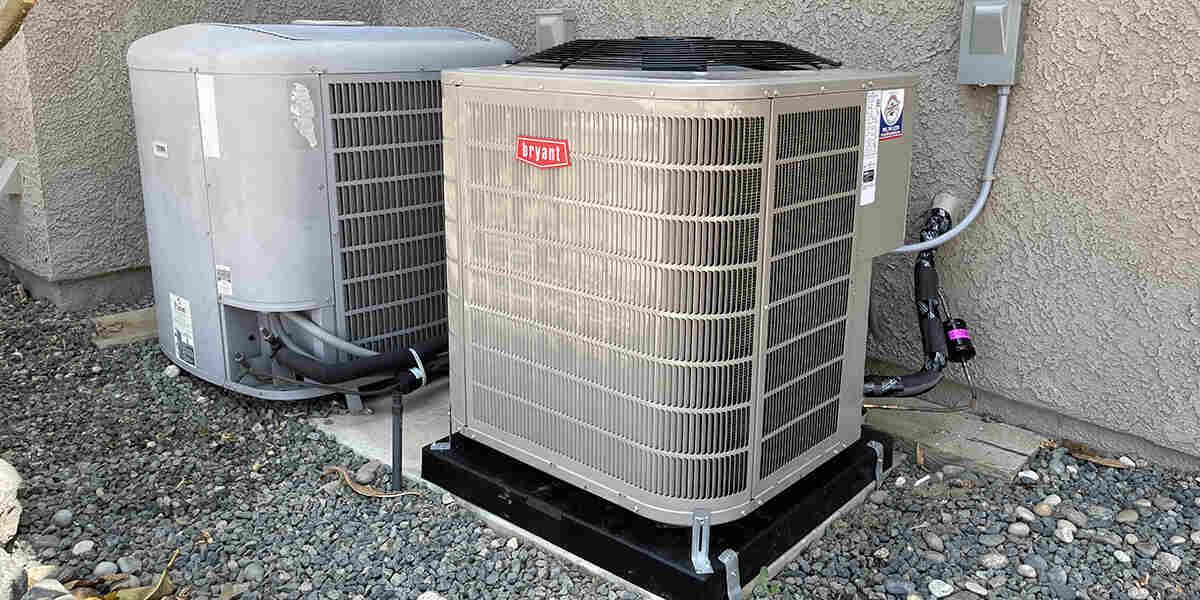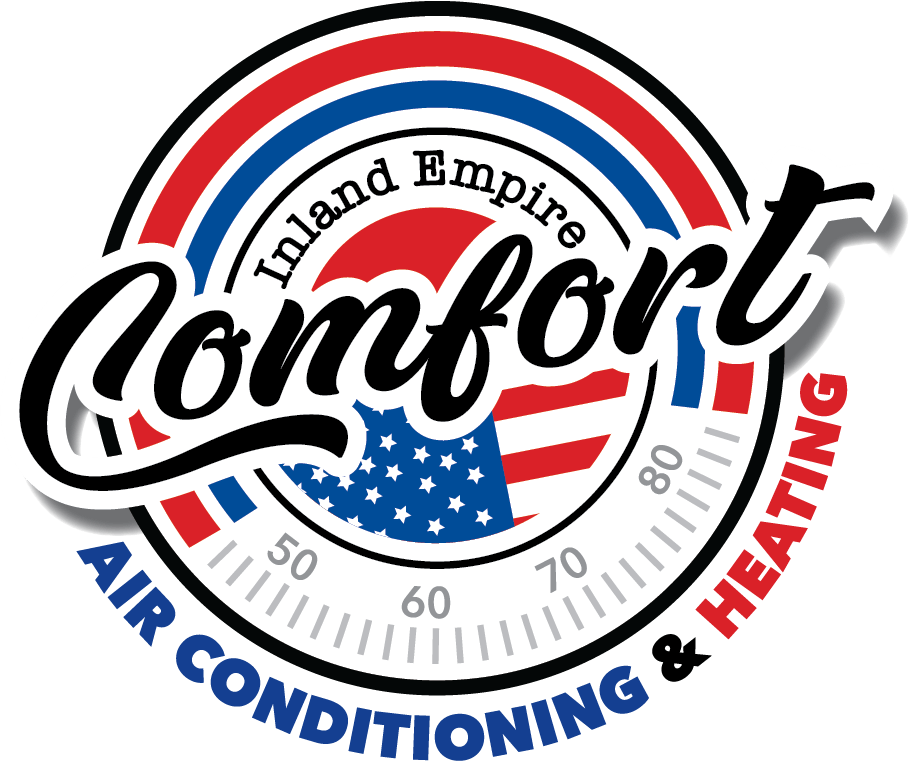7 Factors Affecting Air Conditioning Efficiency
You can improve the efficiency of your cooling system by reviewing factors affecting air conditioning. Understanding potential problems helps you address them early, keeping your air conditioning unit in excellent condition. Considering these factors also enables you to determine when to call for professional AC repair assistance.
You can learn more with our expert air conditioning contractors in Riverside, CA. Find out more by reaching out to our team at Inland Empire Comfort Air Conditioning and Heating at 951-336-1892.
#1: Maintenance
Regular maintenance impacts the efficiency of your AC system in Riverside and surrounding areas. Maintenance helps the system function smoothly and allows crews to address minor issues before they turn into big problems.
During maintenance appointments, crews may:
- Clean your unit
- Check all filters
- Look for water puddles
- Check the AC fins
- Unclog drain pipes
- Look over electrical systems
Taking these steps helps maintain the efficiency of your AC unit. Most experts recommend yearly maintenance if you have a standalone AC system. However, you may want two appointments every year if you use an HVAC system, as HVAC systems heat and cool your property.
#2: Airflow
The amount of air that moves through your AC unit helps determine how efficiently it functions. Air handlers have to work harder if they do not get sufficient airflow, forcing them to use more energy and increasing your utility bills every month.
Multiple issues can impair the airflow through your AC unit. Common problems include:
- Clogs in the air filter
- Blocks in the condenser unit
- Ductwork issues
You can address some airflow issues on your own. Regularly change the filters in your ventilation system to keep them clean and make sure debris doesn’t collect around your outdoor unit.
#3: Leaks in the Ductwork
Many air conditioning systems use ductwork for air distribution. As a result, you may notice dips in the efficiency of your AC unit if this ductwork develops:
- Cracks
- Disconnections
- Openings
In addition to reducing the efficiency of your AC system, issues with your ductwork can allow dirt, dust, and other debris into your home. Cool air can escape out of these leaks while warm air filters into your home. AC professionals can seal these leaks to improve the efficiency of your system.
#4: Dirt Buildup on AC Coils
Many AC systems use a series of evaporator and condenser coils to transfer heat away from the air, thereby cooling your home. However, dirt can cover these coils over time, making it more difficult for heat exchange to occur.
You can take proactive steps to reduce dirt buildup on your system. For example, regularly changing your air filters prevents dirt from getting to the coils. You may also consider air scrubbers or filters to remove more contaminants from your indoor environment.
#5: Your Temperature Setting
The commands you enter into your thermostat can influence the efficiency of your system. Generally, it’s more efficient to select a single temperature instead of repeatedly changing the temperature and forcing the unit to adjust.
However, you may increase the temperature a few degrees during the day for more efficiency, so the system does not have to work so hard. You may also program the thermostat to raise the temperature when you’re not at home, reducing the overall strain on your system.
#6: Your AC Model’s Design
Thus far, we’ve discussed factors that may impact your AC unit’s efficiency after you install the system. It’s essential to recognize that units come with varying levels of efficiency. You may want to consider this factor before you make a purchase.
You can check the efficiency of each relevant model by looking at the system’s Seasonal Energy Efficiency Ratio (SEER). SEER ratings tell you how well an AC unit uses energy to cool your home. All current AC units must have a minimum SEER rating of 13.
Some units have a much higher SEER rating, giving them greater energy efficiency. Furthermore, models sold before 2006 may not meet the SEER standards. Many of these models report efficiency ratings 30% lower than current models.
SEER Ratings and Cost for AC Units
SEER ratings represent only one of the factors you need to consider when purchasing an AC unit. Units with a higher SEER rating often cost more, making those with the highest rating cost-prohibitive for many people.
You may speak with AC installation professionals about the best option for your needs.
#7: Humidity
Your ideal AC model realization may depend upon the humidity levels in your home or business. Higher humidity levels make it harder for AC units to cool your air in some cases. Setting up a dehumidifier can lower moisture levels in the air, making it easier for your AC unit to function.
Keep Your AC Unit in Good Condition
Take direct control of the efficiency levels of your AC unit by setting up a maintenance appointment with AC professionals. Crews can work around your schedule to handle appointments when it works best for you.
During maintenance appointments, licensed, bonded, and insured crews address any concerns you have and check for potential issues. They also provide information about any potential issues they see with the system. For example, they may adjust your electrical system and other components to boost the output of your AC system.
If you have an older AC system, you may consider replacing it instead of focusing on AC maintenance. Unfortunately, older systems do not have the same efficiency levels as newer models, which prompts some homeowners in our area to consider a new installation. Allow our team to assess the best way to handle your home cooling needs.
Talk to Us About AC Efficiency in California
Learn more about the places to best install your AC and factors that can impact the system’s efficiency by contacting the professionals. Our team puts our years of experience to work when handling AC maintenance, installation, and repair.
Call Inland Empire Comfort Air Conditioning and Heating at
951-336-1892
to discuss factors affecting air conditioning in Riverside, CA.
You might also like
Inland Empire Comfort
Book a Service Today
We will get back to you as soon as possible
Please try again later
Location
19071 Newsome Rd Riverside, CA 92508
NAVIGATION LINKS
All Rights Reserved | Inland Empire Comfort



